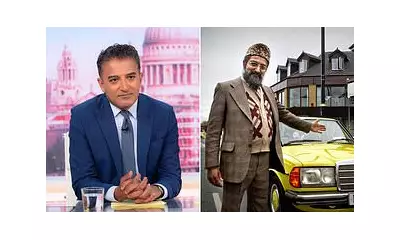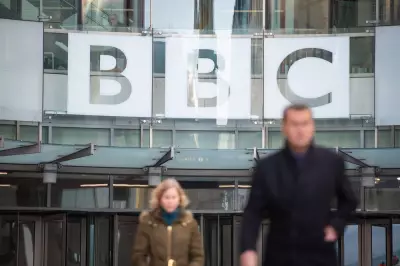
A disturbing pattern of family separation continues to affect Indigenous communities across the United States, with child welfare systems removing Native American children from their homes at alarming and disproportionate rates.
The Hidden Crisis in Child Welfare
Despite the 1978 Indian Child Welfare Act (ICWA) designed to protect Native American families, current systems are failing to prevent the systematic removal of Indigenous children from their communities. Approximately 56% of Native children in foster care are placed with non-Native families, severing crucial cultural ties and compounding historical trauma.
The investigation reveals that state child welfare agencies continue to use poverty and housing insecurity as grounds for removal rather than providing adequate support services. This practice disproportionately impacts Indigenous families who face systemic barriers to resources and economic stability.
Systemic Failures and Cultural Disconnection
Multiple factors contribute to this ongoing crisis, including inadequate funding for tribal child welfare programs and insufficient cultural competency training among social workers. Many caseworkers lack understanding of traditional Indigenous parenting practices, misinterpretating cultural differences as neglect.
Tribal nations report being consistently under-resourced to handle child welfare cases within their own communities, forcing dependency on state systems that often disregard tribal sovereignty and cultural preservation needs.
Historical Trauma and Modern Consequences
This contemporary removal practice echoes the painful legacy of boarding schools and forced assimilation policies that targeted Indigenous children throughout US history. The psychological impact on children separated from their cultural heritage can be devastating and lifelong.
Advocates emphasize that keeping children connected to their tribal communities is crucial for both individual wellbeing and cultural survival. When removal is necessary, placement with extended family or within the tribal community should be the priority under ICWA guidelines.
Legal challenges to ICWA have intensified in recent years, threatening to further undermine protections for Native families. Meanwhile, the disproportionate removal rates continue virtually unchecked in many states, creating what many tribal leaders describe as a silent epidemic.





